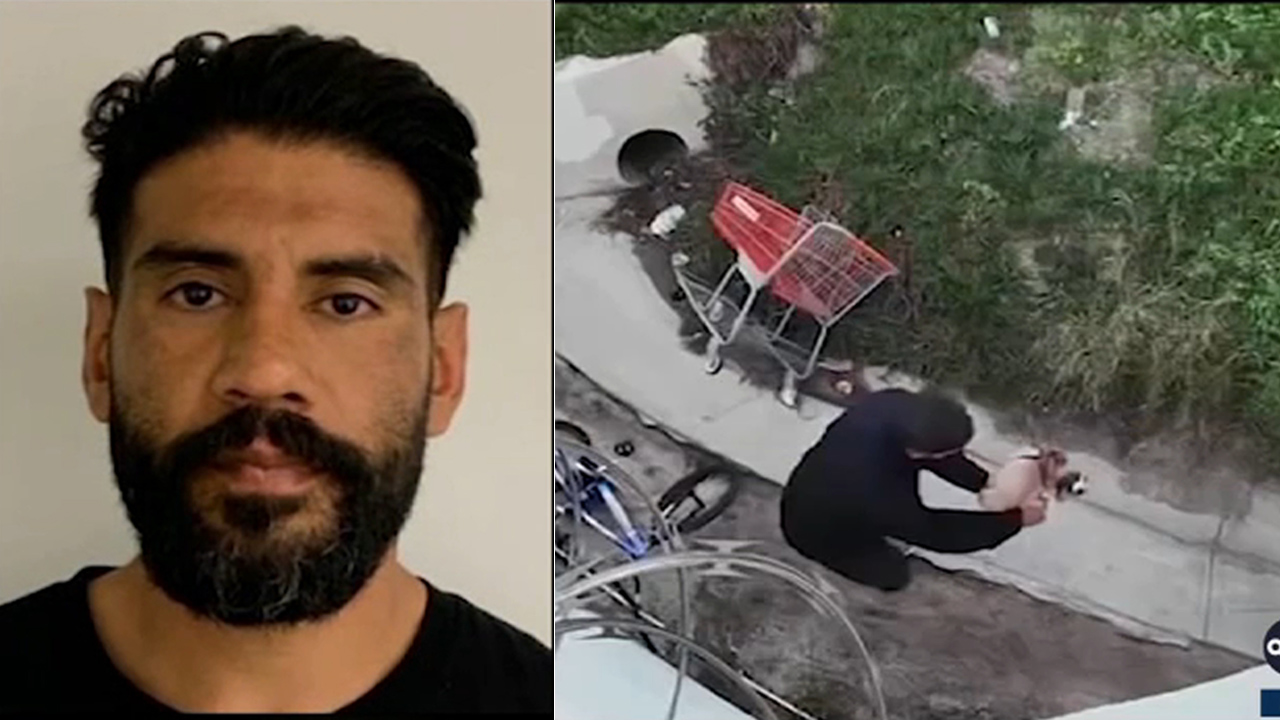Taliban video shows release of Bowe Bergdahl

KABUL, Afghanistan (KABC) -- The Taliban released video showing the moment Army Sgt. Bowe Bergdahl was handed over to U.S. forces in Afghanistan as part of an exchange for five Taliban detainees.
In the video, Bergdahl is seen sitting in a truck and wearing traditional loose-fitting Afghan trousers and a long tunic. He blinks frequently and looks tense as he peers out of the truck.
One of his Taliban captors warns him, "Don't come back to Afghanistan. You won't make it out alive next time."
Then Bergdahl is led away to a U.S. military helicopter, where he was patted down for explosives or other weapons before he was allowed to climb aboard.
While the entire exchange took just 90 seconds around 4 p.m. Saturday, the controversy over Bergdahl's release is not quieting down.
Senior military officials and soldiers who served with Bergdahl told ABC News that he willingly walked away from his post, and some are saying the 28-year-old from Hailey, Idaho, should be punished as a deserter.
Lawmakers blasted the Obama administration for not informing Congress that a prisoner swap was being discussed.
The five Taliban detainees were some of the most senior Afghans being held at Guantanamo. Under the terms of the swap, the detainees will have to stay in Qatar for a year, where they will be monitored.
Bergdahl was reported to be in stable condition at a military hospital in Germany.
President Barack Obama has defended the swap, citing a "sacred" obligation to not leave men and women in uniform behind.
When Defense Secretary Chuck Hagel was asked whether he knew if any American soldiers had lost their lives looking for Bergdahl, he responded, "It's not in the interests of anyone, and certainly I think a bit unfair to Sgt. Bergdahl's family ... to presume anything. We don't do that in the United States. We rely on facts."
The Associated Press and ABC News contributed to this report.






